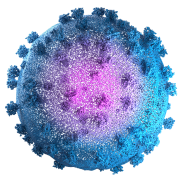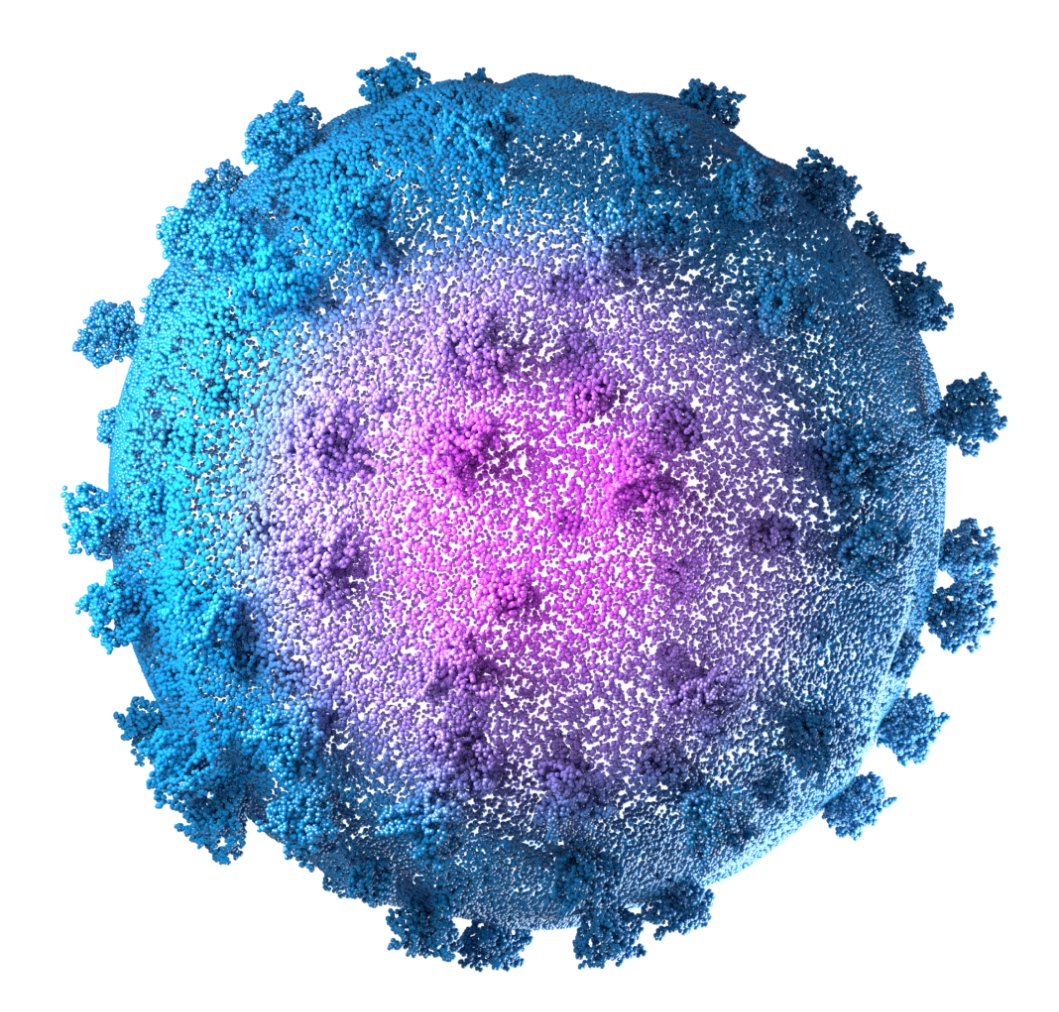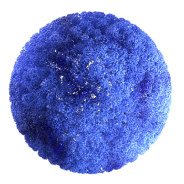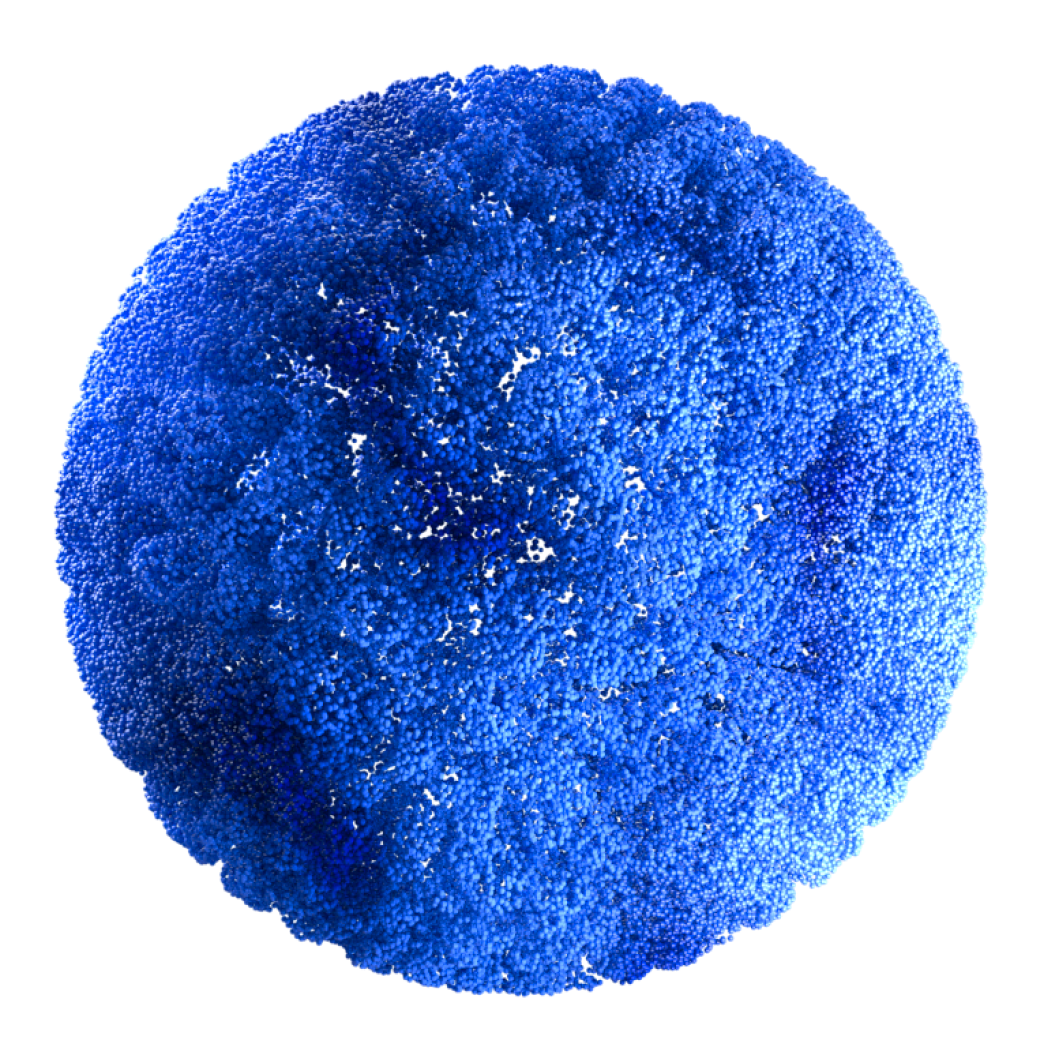Biotimize
What we do

Empowering Biopharmaceutical Innovation with Tailored CDMO Solutions
Biotimize provides end-to-end solutions for the development and production of biological APIs derived from mammalian cells, viruses, bacteria, and yeast. Its integrated approach enables the manufacturing of materials for proof-of-concept studies, non-clinical trials, and Phase 0 clinical trials, supporting universities, research institutes and companies in accelerating their biopharmaceutical pipelines.
Why Choose
Biotimize?
Robust Quality Assurance System
Biotimize operates under a comprehensive quality assurance framework, ensuring compliance with global regulatory standards and delivering high-quality biologics.
Techno-Economic Feasibility Approach
The development process at Biotimize includes a technical and economic analysis to help our partners meet their target production costs, optimizing project viability from early-stage development.
Customized Development Aligned with Partner Infrastructure
Biotimize adapts the bioprocess development to fit the specific structural capacity of its partners, making our solutions more accessible and scalable.
Strengthening the Global and Brazilian Biopharma Ecosystem
By offering cost-effective and high-quality CDMO services, Biotimize is not only democratizing access to cutting-edge biopharmaceutical development but also strengthening Brazil’s Health Economic-Industrial Complex.
Biotimize’s work fosters local innovation, reduces dependence on imported biologics, and positions Brazil and Latin America as an emerging biopharma hub for both national and international markets.
-

Mammalian Cells
We have a CHO cell lineage that allows the expression of an average of 5 g/L of recombinant protein in suspension cultures and in culture media free of animal components. We operate in the establishment of cell lines for the stable expression of recombinant proteins, in the development of processes (Upstream and Downstream), in the development and validation of analytical methods, and in the formulation of APIs and finished products. Through our services, the client will have all the necessary information to start the production of clinical batches.

Mammalian Cells
We have a CHO cell lineage that allows the expression of an average of 5 g/L of recombinant protein in suspension cultures and in culture media free of animal components. We operate in the establishment of cell lines for the stable expression of recombinant proteins, in the development of processes (Upstream and Downstream), in the development and validation of analytical methods, and in the formulation of APIs and finished products. Through our services, the client will have all the necessary information to start the production of clinical batches.
-
01.
Cell Line Development
Cell Line Development
Design of plasmids and vectors, the transformation of cells, and selection of clones by evaluating the production and quality of the expressed protein. Production and storage of cell banks under Good Laboratory Practice conditions.
-
02.
Upstream Development
Upstream Development
Definition of unit operations involved in the production step of the protein of interest, characterization of cell growth, and production of the protein of interest in shake-flasks systems and in benchtop bioreactors.
-
03.
Downstream Development
Downstream Development
Definition of the purification steps for the protein of interest to reach the appropriate purity and quality parameters. Filtration, chromatography (by affinity, by ion exchange, by hydrophobic interaction, among others), dialysis, ultrafiltration, and viral inactivation are evaluated.
-
04.
Process Optimization
Process Optimization
Through the technical-economic feasibility study, the technical stages related to production costs and the productive capacity of the process are mapped and, thus, optimization strategies are outlined. In the upstream stage, for example, different culture media and supplementation strategies are evaluated, as well as process parameters (pH, temperature, controlled oxygen, among others) to increase the expression of the protein of interest or adjust quality parameters (glycosylation, aggregates, etc.). In the purification steps, different resins and membranes are tested, fluxes are adjusted, mobile phase composition, buffer composition, etc., are evaluated to increase the recovery, quality, and purity of the protein of interest.
-
05.
Analytical Development
Analytical Development
As important as the unit operations for the production and purification of the protein of interest are the analytical methodologies used for its quantification and characterization. In this way, we carry out the complete life cycle of the analytical methods in an adequate way for each stage of drug development: development, optimization, validation, and transfer. In doing so, we ensure that analytical methods evolve in the most appropriate way from the various clinical stages to commercialization.
-
06.
Product Formulation
Product Formulation
We perform final product formulation to maintain API quality attributes such as purity, integrity, safety, and potency. During the development of the presentations, we search for formulations that allow their processing efficiently, avoiding the generation of oxidized variants and aggregates, among other forms of degradation, and with consistent stability information.
-
07.
PoC and Pre-Clinical Material Production
PoC and Pre-Clinical Material Production
In our structure, we can absorb the stages of cell culture, filtration, clarification, chromatography, and tangential filtration of sufficient volumes to generate quantities of biopharmaceuticals for the stages of pre-clinical studies. Through quality controls, according to the Good Laboratory Practices (GLP), we issue certificates of analysis for the main quality attributes of the protein of interest, recognized by the OECD and INMETRO.
-
01.
Cell Line Development
-

Microbial
We provide services for a variety of products obtained from microbial, E. coli, or yeast cultures, which include soluble intracellular products, inclusion bodies and extracellular secreted products. Our platform is structured to provide integrated solutions for strain development and clone evaluation, process development (Upstream and Downstream), analytical methods, API formulation, and finished products for use in preclinical studies.

Microbial
We provide services for a variety of products obtained from microbial, E. coli, or yeast cultures, which include soluble intracellular products, inclusion bodies and extracellular secreted products. Our platform is structured to provide integrated solutions for strain development and clone evaluation, process development (Upstream and Downstream), analytical methods, API formulation, and finished products for use in preclinical studies.
-
01.
Strain Development
Strain Development
Design of plasmids and vectors, the transformation of cells, and selection of clones by evaluating the production and quality of the expressed protein. Production and storage of cell banks under Good Laboratory Practice conditions.
-
02.
Upstream Development
Upstream Development
Definition of unit operations involved in the production step of the protein of interest, characterization of cell growth, and production of the protein of interest in shaken flasks and benchtop bioreactors.
-
03.
Downstream Development
Downstream Development
Definition of the purification steps for the protein of interest to reach the appropriate purity and quality parameters. Filtration, chromatography (by affinity, by ion exchange, by hydrophobic interaction, among others), dialysis, ultrafiltration, and viral inactivation are evaluated.
-
04.
Process Optimization
Process Optimization
Through the technical-economic feasibility study, the technical stages related to production costs and the productive capacity of the process are mapped and, thus, optimization strategies are outlined. In the upstream stage, for example, different culture media and supplementation strategies are evaluated, as well as process parameters (pH, temperature, controlled oxygen, among others) to increase the expression of the protein of interest or adjust quality parameters (glycosylation, aggregates, etc.). In the purification steps, different resins and membranes are tested, fluxes are adjusted, mobile phase composition, buffer composition, etc., are evaluated to increase the recovery, quality, and purity of the protein of interest.
-
05.
Analytical Development
Analytical Development
As important as the unit operations for the production and purification of the protein of interest are the analytical methodologies used for its quantification and characterization. In this way, we carry out the complete life cycle of the analytical methods in an adequate way for each stage of drug development: development, optimization, validation and transfer. In doing so, we ensure that analytical methods evolve in the most appropriate way, from the various clinical stages to commercialization. We perform final product formulation to maintain API quality attributes such as purity, integrity, safety, and potency. During the development of the presentations, we search for formulations that allow their processing efficiently, avoiding the generation of oxidized variants, and aggregates, among other forms of degradation, with consistent stability information.
-
06.
Production of Pre-Clinical Material
Production of Pre-Clinical Material
In our structure, we can absorb the stages of cell culture, filtration, clarification, chromatography, and tangential filtration of sufficient volumes to generate biopharmaceutical supplements for the stages of pre-clinical studies. Through quality controls, according to the Good Laboratory Practices (GLP), we issue certificates of analysis for the main quality attributes of the protein of interest, recognized by OECD and INMETRO.
-
01.
Strain Development
-

Virotherapy
Solutions for the Development and Production of Therapeutic Viruses
Virotherapy

Solutions for the Development and Production of Therapeutic Viruses
With expertise in viral product development, Biotimize supports its partners in the production of non-clinical materials for gene therapies, viral vector vaccines, and oncolytic viruses. Our highly qualified team and infrastructure adapted to regulatory requirements enable process optimization from the research phase to pilot-scale production.
We utilize mammalian cell-based systems for viral amplification and purification, ensuring high quality, reproducibility, and scalability. Our services include:
✔️ Development and Optimization of Cell Lines for Viral Production
🔹 Selection, adaptation, and characterization of host cells to maximize viral productivity and stability.
🔹 Evaluation of different cell lines and media formulations to ensure efficient growth.✔️ Scale-up of Viral Production for Bioreactors
🔹 Transition from flask-based systems to small- and mid-scale bioreactors.
🔹 Optimization of critical parameters such as multiplicity of infection (MOI), infection timing, and viral yield.✔️ Production in Adherent and Suspension Systems
🔹 Development of processes for viral production in adherent or suspension-adapted cells.
🔹 Implementation of scalable platforms compliant with regulatory requirements.✔️ Purification by Chromatography and Ultrafiltration
🔹 Purification strategies using ion exchange, affinity, and size-exclusion chromatography.
🔹 Ultrafiltration/diafiltration processes for concentration and impurity removal.✔️ Optimization of Viral Formulations
🔹 Development of stable formulations for storage and transport of viral products.
🔹 Stability testing to ensure viral viability and integrity over time.✔️ Development of Analytical Assays for Viral Characterization
🔹 Implementation of methods such as ELISA, TCID50, and viral titration by Plaque-Forming Units (PFU) or Focus-Forming Assay (FFA).
🔹 Development of assays for purity, potency, and identity evaluation.✔️ Production of Batches for Preclinical Studies
🔹 Supply of viral materials for in vitro efficacy and safety testing.
🔹 Generation of pilot-scale batches to support the development of new biological products.Biotimize continuously evolves with the industry to offer innovative and efficient solutions for advancing new viral therapies. Contact us to learn how we can accelerate the development of your product!
Bioproduct
Development
Biotimize is developing innovative monoclonal antibodies and biosimilars that will help treat people suffering from chronic diseases, following the highest quality standards required by regulatory agencies worldwide (ANVISA, FDA, EMA).
-
MoleculeSpecificationTherapeutic areaStageBTZ01NovelOncologyClone and PoC
-
MoleculeSpecificationTherapeutic areaStageOmalizumabBiosimilarOncologyClone and PoC
